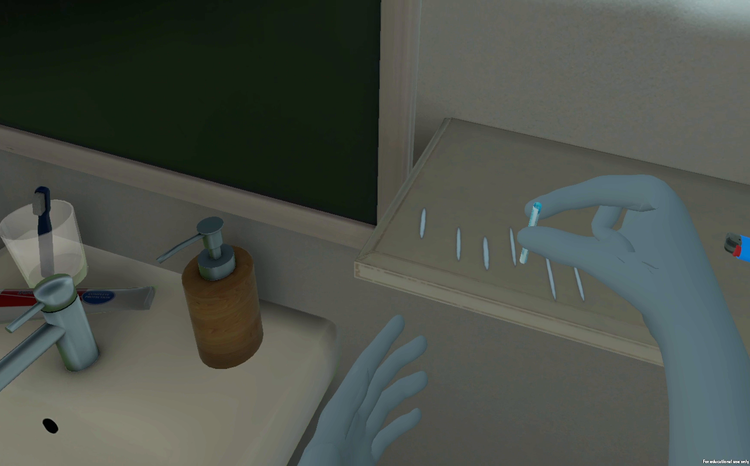Warning on internet STI treatments
- 23 November 2007
People with sexually transmitted infections (STIs) are putting themselves at risk by buying treatments over the internet, according to research by the University of East Anglia.
In a study of 77 treatments, found through search engine results, fewer than a quarter of internet vendors gave information on potential side effects of their treatments.
Most also failed to say if their products would interfere with any prescription medicines that patients might be on, or if there might be harm to patients who were breastfeeding or pregnant.
The study was undertaken by Dr Roberto Vivancos, Dr Yoon Loke and Dr Silke Schelenz at UEA’s School of Medicine, Health Policy and Practice.
In a paper for BioMed Central Public Health, the researchers write: “Owing to the stigma associated with sexually transmitted infections, patients may prefer to keep their illness private, and choose instead to try self-treatment remedies from the internet. However, such remedies may prove hazardous if the sellers do not provide detailed advice on adverse effects, or on avoiding transmission and reinfection.”
Of the 77 treatments, from 52 different companies on the internet, including eBay, remedies were aimed at conditions such as genital warts, herpes, gonorrhea, and chlamydia. The average cost was around £50, with the most expensive being offered at £145.
The paper warns of the dangers that patients are unaware of when they seek treatment online: “If sexual partners are not treated at the same time, the treatment is bound to fail because the patient will be infected again and again. Patients can become unable to have children if gonorrhea and chlamydia are not properly treated.”
“It may be easy and convenient to buy your own treatment on the internet but we think that people are taking significant risks in doing so,” said Dr Roberto Vivancos.
“Treatment of sexually transmitted infections is not a simple one-off step of popping the pills or slapping on the creams. Some of these remedies will inevitably fail if sexual partners are not treated and if patients don’t take steps to avoid re-infection.”
The researchers also found that almost half of the products were claimed to be effective, but there was actually very little solid evidence from the vendors to back this up. Equally, fewer than a quarter of vendors provided advice on how to avoid transmission and reinfection.
“Patients nowadays can easily buy kits from the internet to test themselves for sexually transmitted infections and they may be tempted to do the same when they need treatment,” said Dr Vivancos.
“But the NHS offers a professional, confidential treatment service that is likely to be far better and cheaper than taking chances on an unproven internet remedy,” he added.
The paper adds: “The lack of information on side effects, contraindications or interaction is in contrast with the many unsubstantiated claims of effectiveness; this may mislead potential buyers to believe these treatments are better than recommended pharmacological treatments.
“Moreover, the absence of trial data on these products means that patients may inadvertently be paying for, and using products which are unsafe or unsuitable for them.”
The researchers are now calling for the government to ensure that the public are aware of the dangers of buying treatments over the internet.
“As regulation of vendors on the internet is unlikely to ever be successful, we propose that the public should be educated on the dangers of using self-treatment of STIs, particularly where preventative measures are essential in stopping re-infection.
“Government agencies could explore the possibility of using the same search engines that are used by potential customers of these products, ensuring that similar searches also return prominent links to promotional sites warning of the dangers and giving appropriate preventive advice.”
Links




